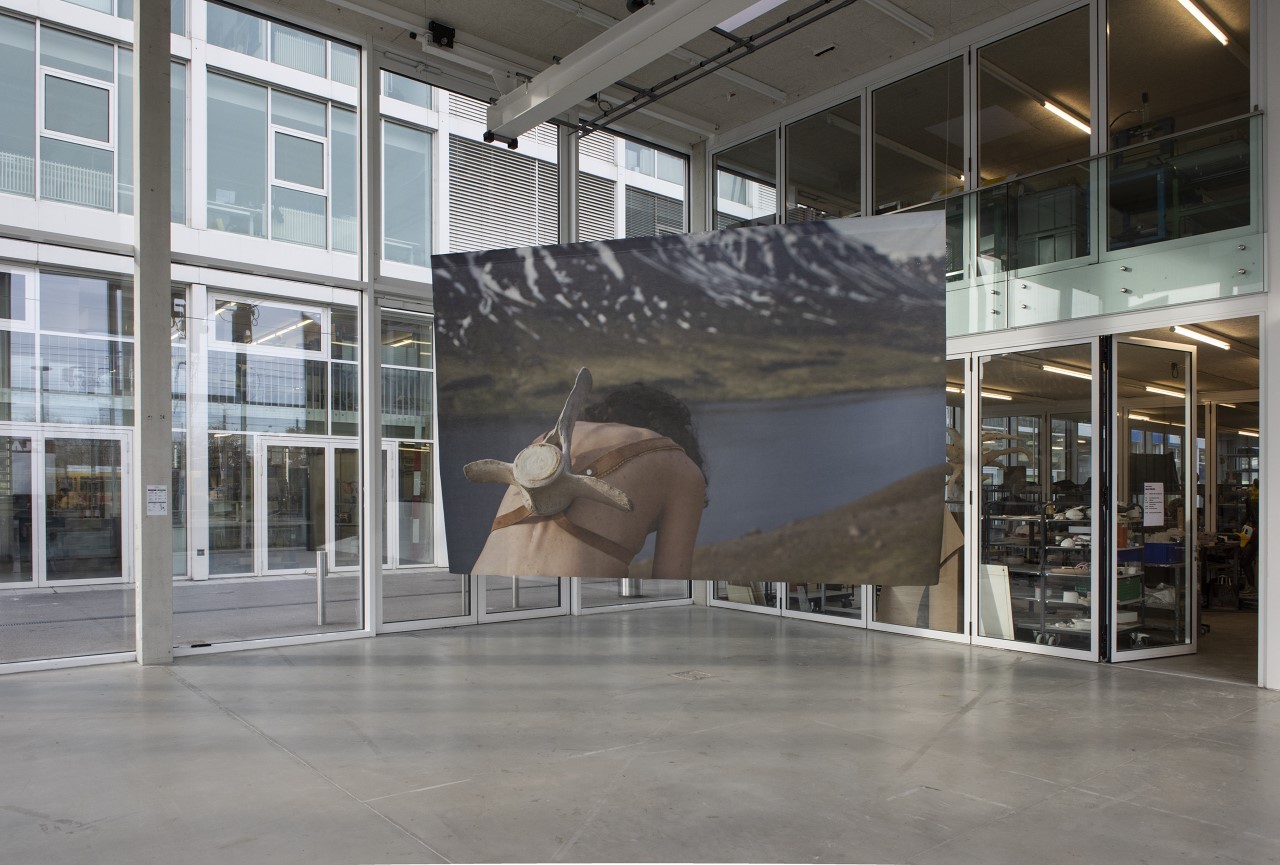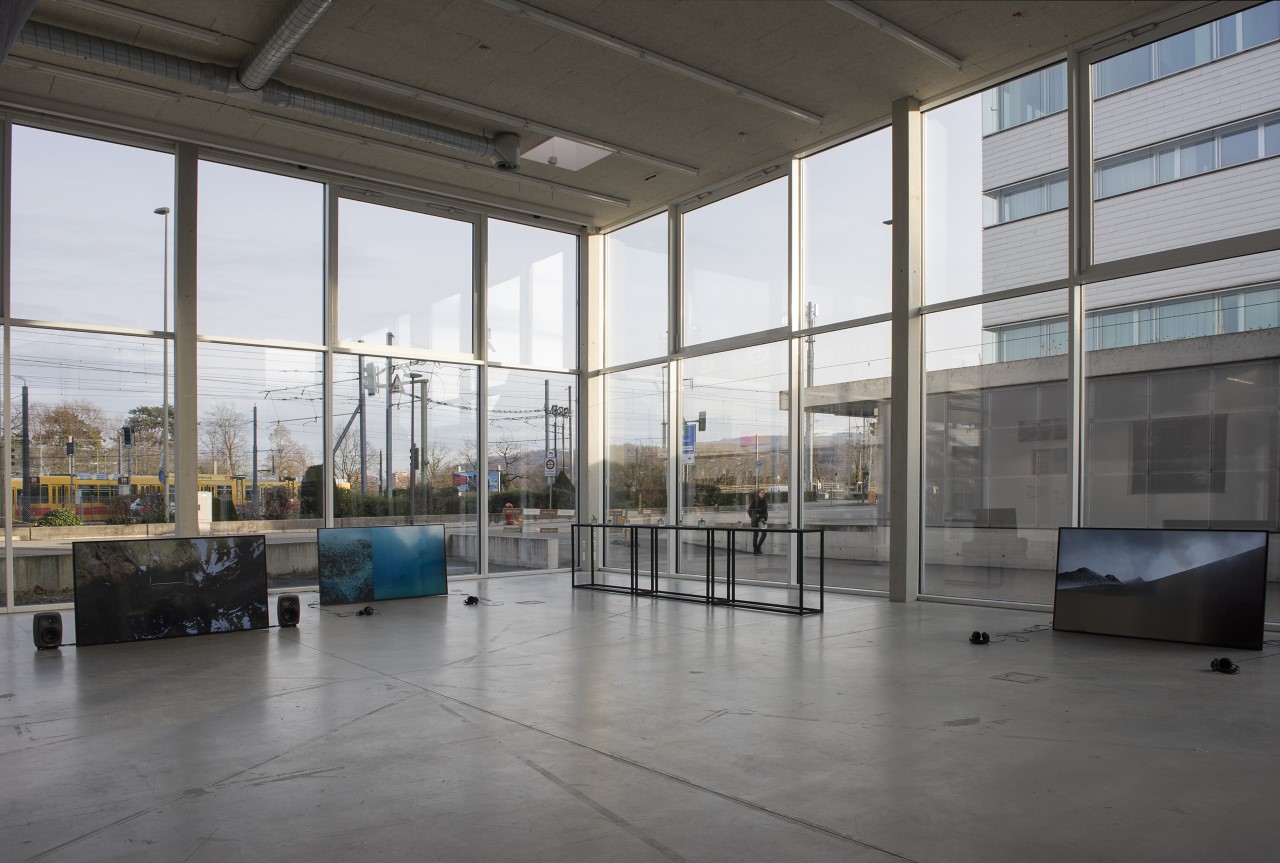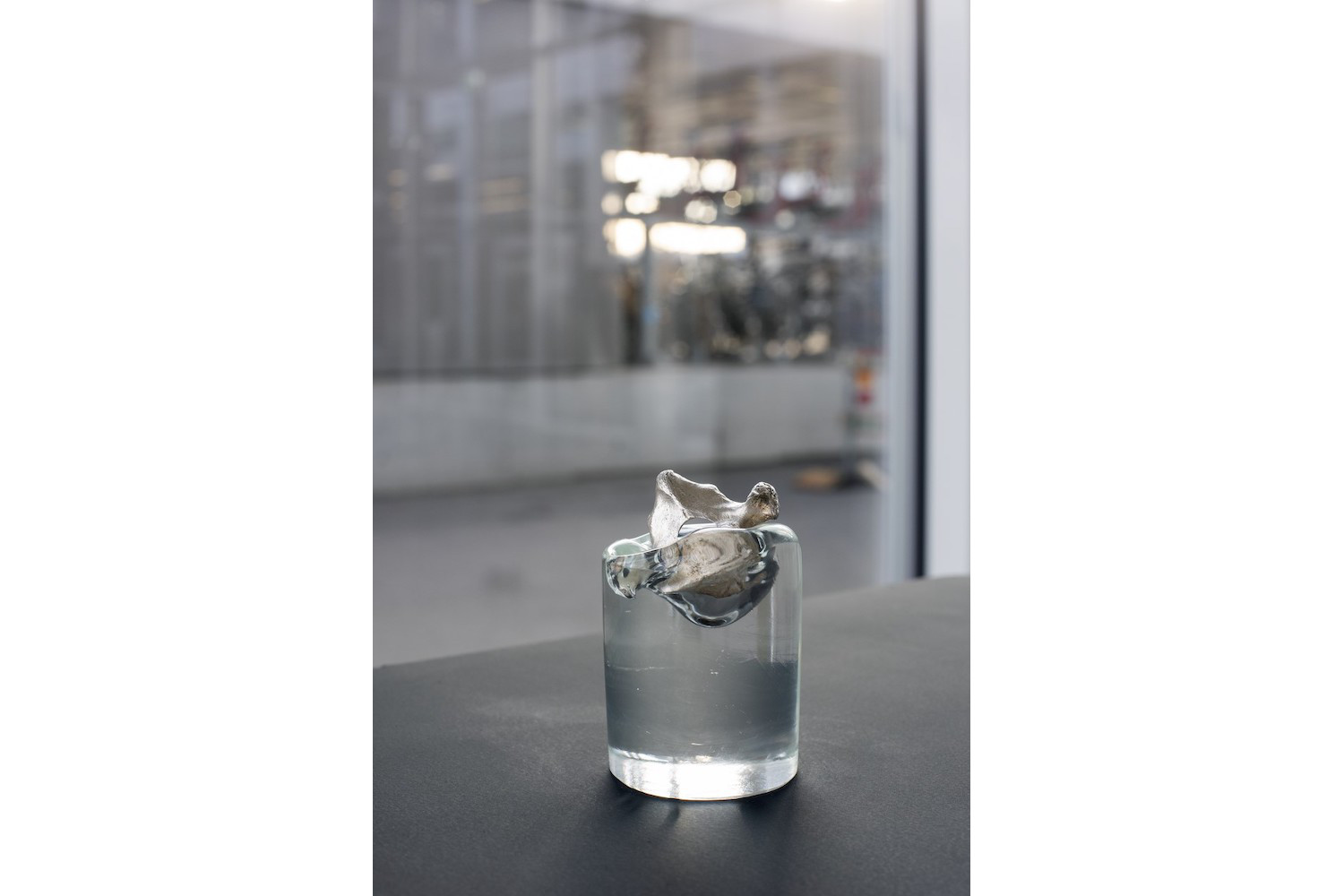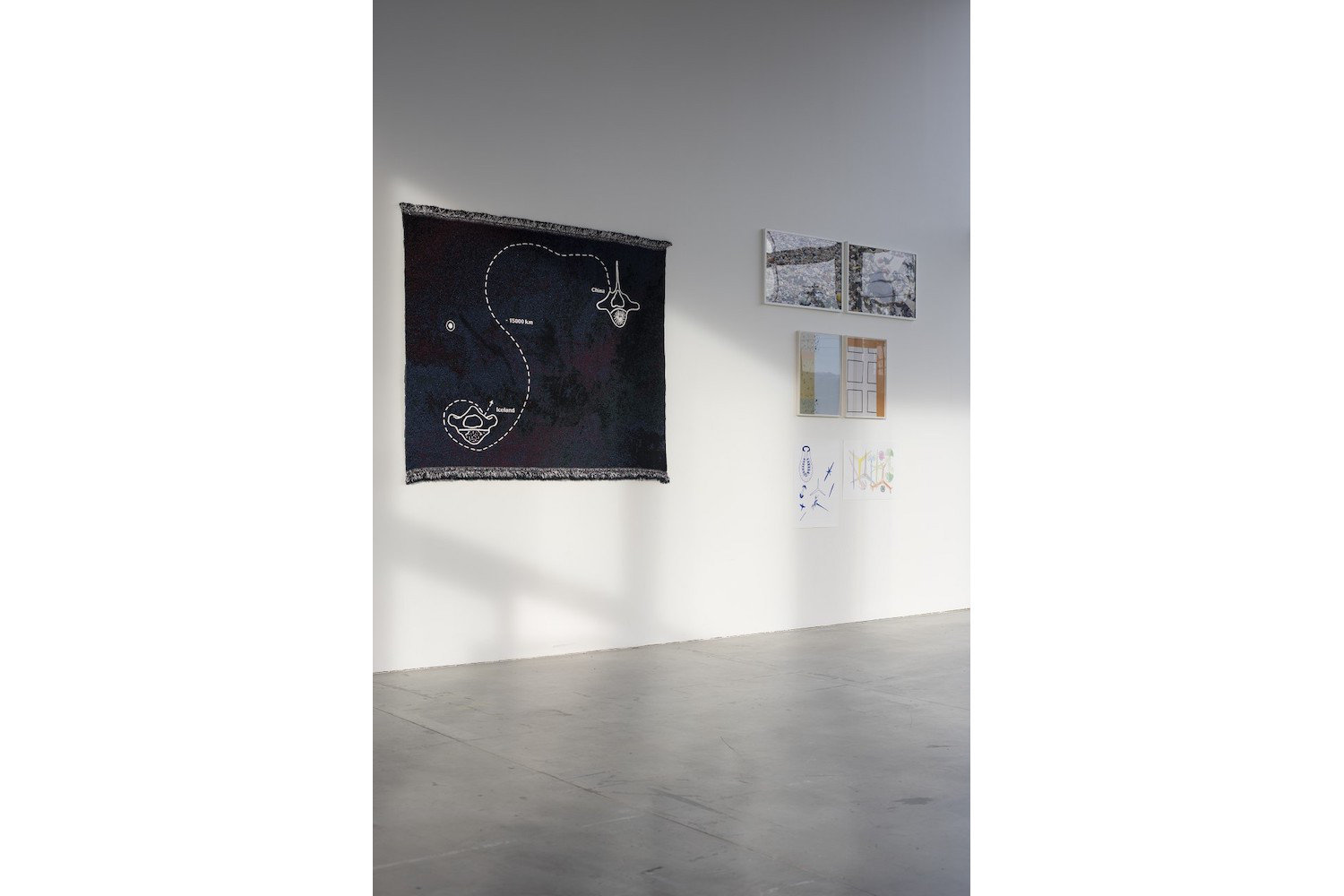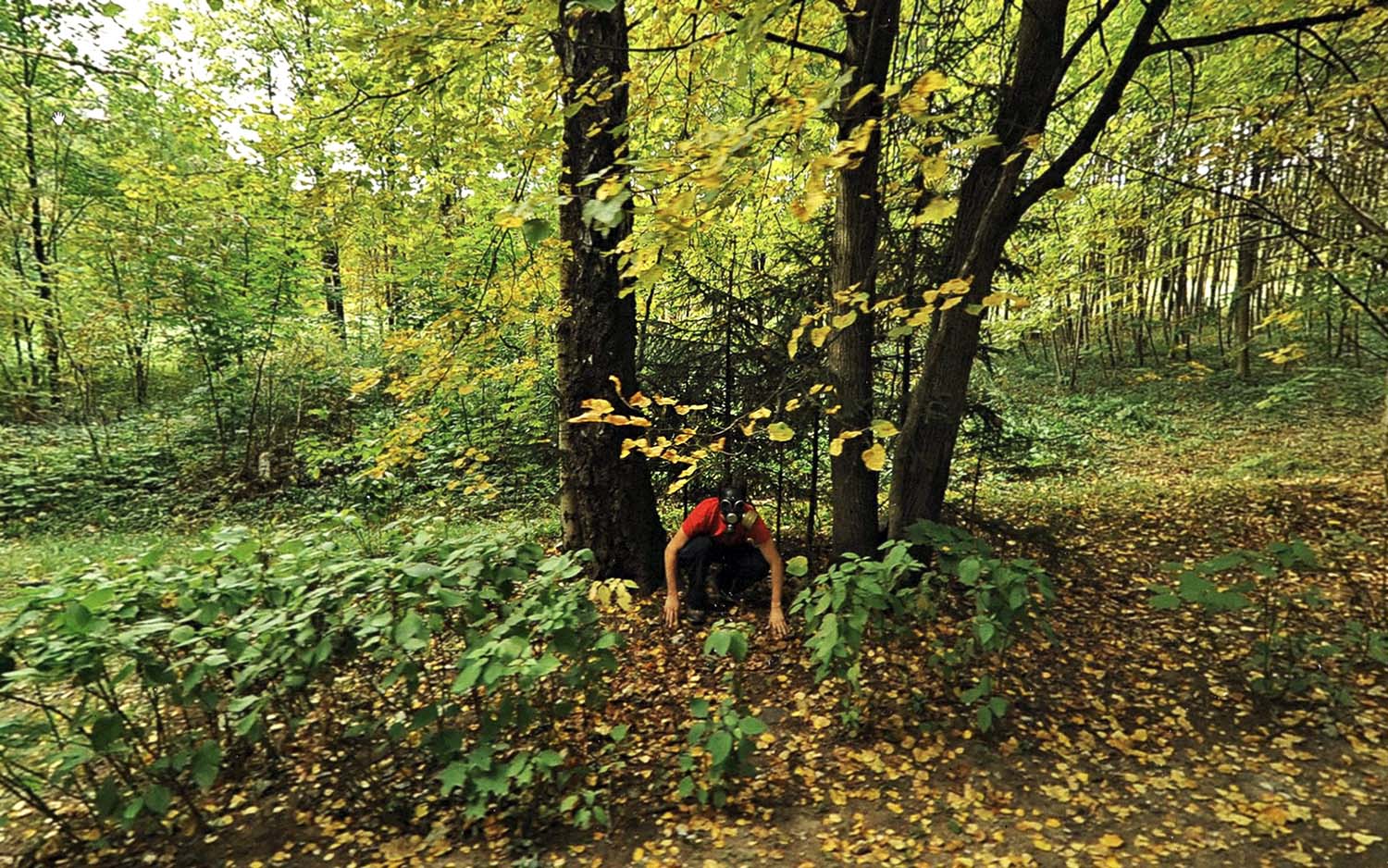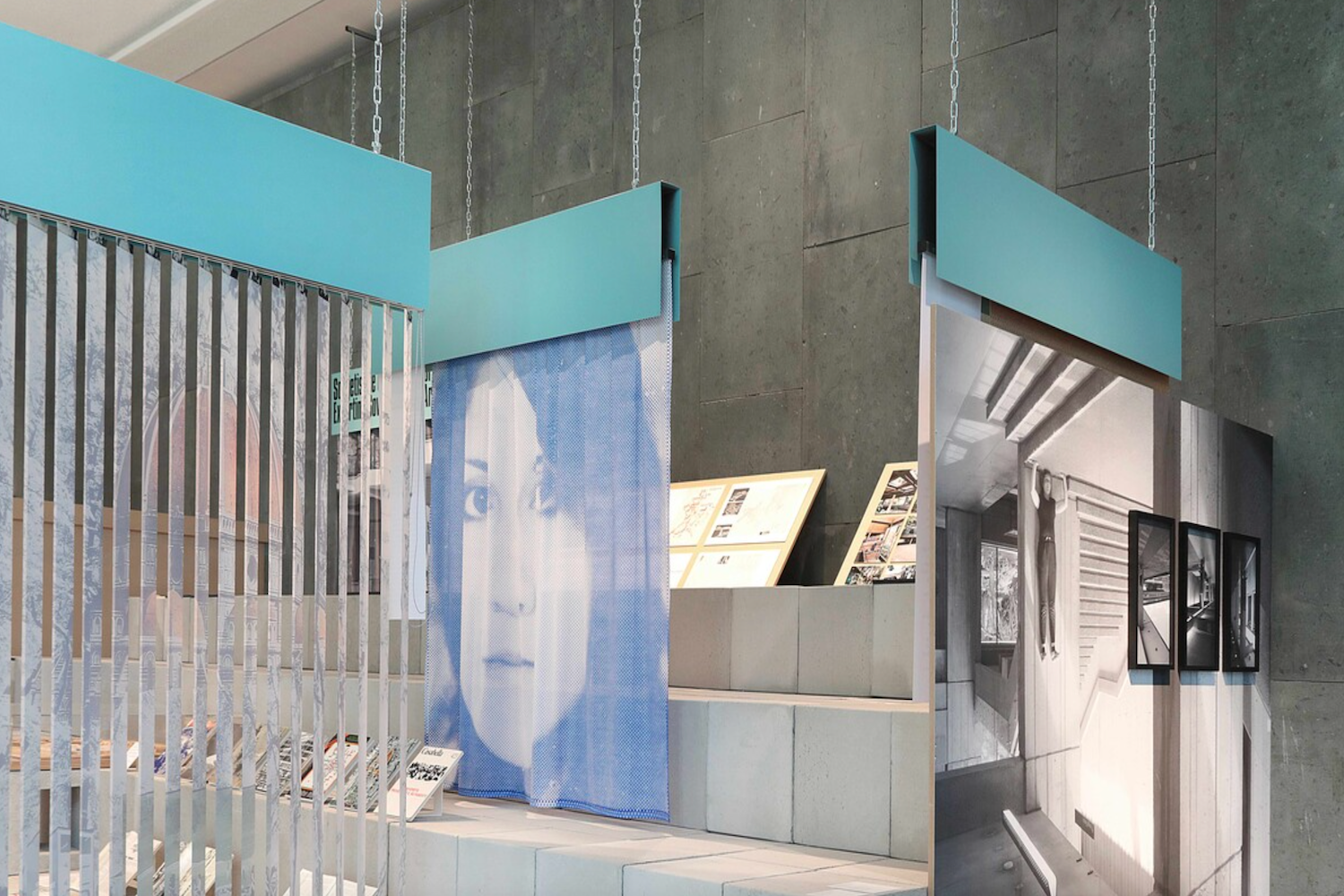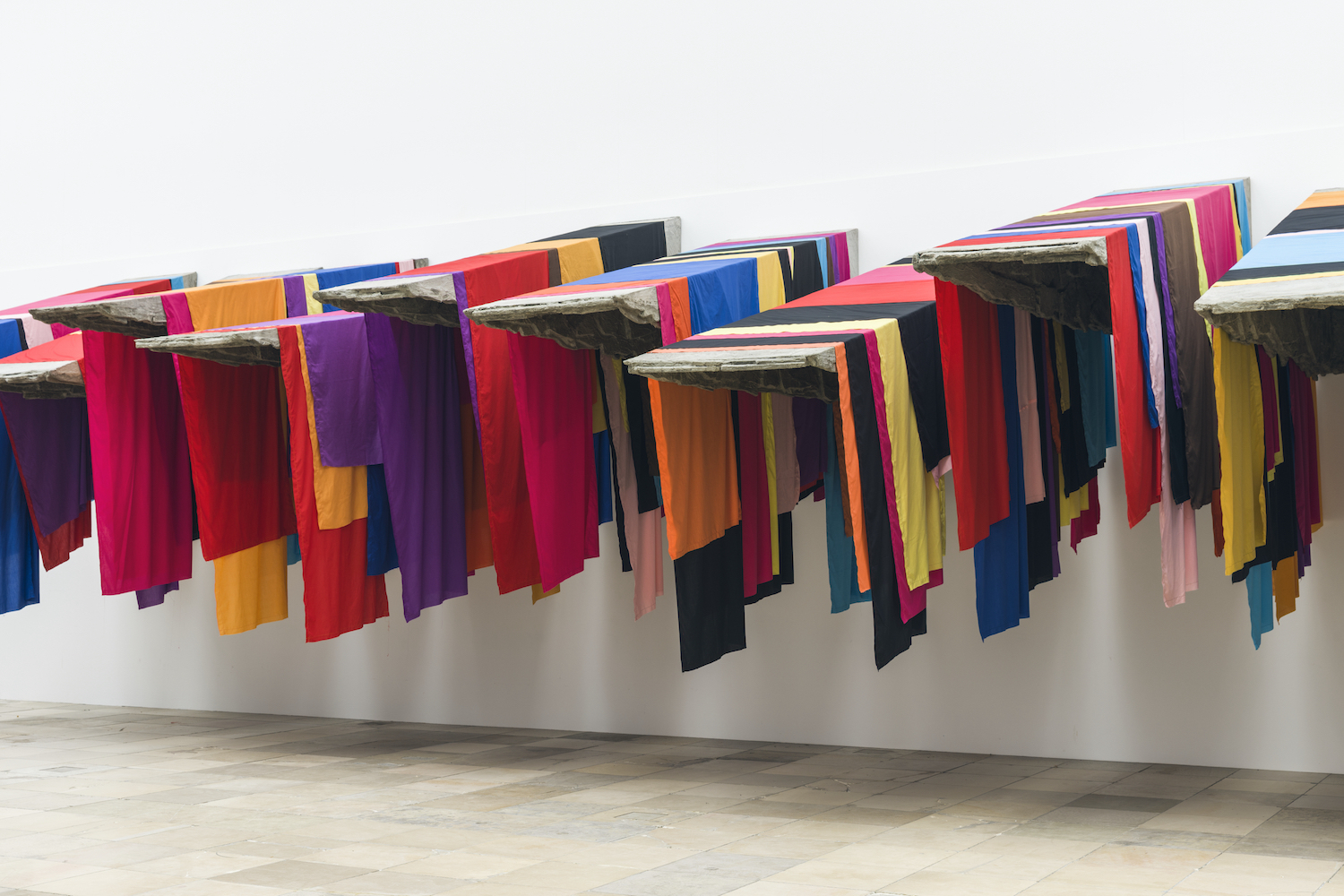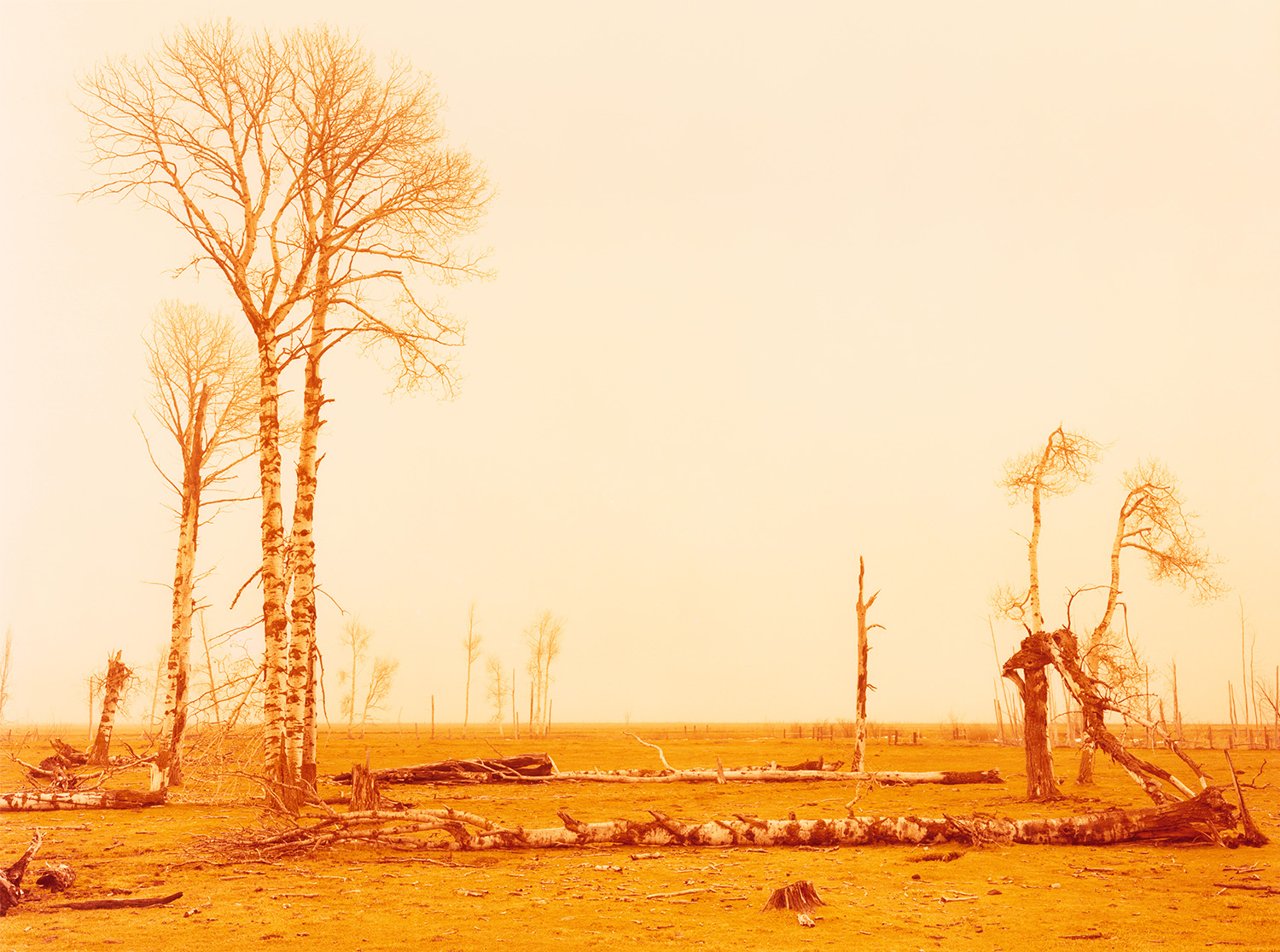In addition to curiosity and courage, imagine the depths of desire that once drove the first expeditions into foreign territories on this planet; it is obvious that it is this same drive that disturbs and permanently endangers any potential balance between humanity and the environment. When we desire things, we want to appropriate them, to possess them, to assimilate them, to make use of them.
In contrast, the title of Elena Mazzi’s solo exhibition at der TANK testifies to an entirely different mind set. Her first solo exhibition in Switzerland includes three video works as well as objects, photography, and drawings based on different field trips. The installation unfolds like a landscape within the exhibition space, inviting the visitors gaze and body to move around, building connections between the single works. Being moved by something may be akin to an emotion like desire, but in the former case one does not actively demand but accepts, lets happen, gets involved, empathizes, listens to others. In the video work in the main gallery, A Fragmented World (2016, in collaboration with Sara Tirelli), one listens to the rhythm of the runner’s breathing in a seemingly endless volcanic landscape. The runner’s course over rocks and rugged terrain recalls a seismographic scan, a search without concrete intentions or specific goals, more like intentionally getting lost — an intuitive exploration of the landscape and its mutability. Mazzi does not treat nature or landscape simply as objects or content. Rather, in her work she enters into a dialogue with her surroundings, with nature, with living beings. It is a conversation at eye level, an exchange.
For example, the organic forms seen in Study for Spicule 2 and 3 (2020), which she derived from underwater sponges, reappear in the video Spicule (2020), in which divers can be seen off the Ligurian coast near Cervo, Italy, handing over to the seabed four of Mazzi’s limestone sculptures. They are made of the same material as the skeletons of their models, sea sponges, and when the air in the rock dissolves, generating small bubbles in the water, the artifacts appear alive. With this work, Mazzi emphasizes the role of sponges in the ecosystem of the coastal environment and creates a place of encounter when she makes their location accessible to visitors by means of a buoy made of glass and a nautical telescope.
The need for rapprochement and understanding of different life forms is equally evident in her Self-portrait with a whale backpack (2018) and the video Encounter (2021). When the artist suffered a spinal injury in a tragic accident, she retreated to a fjord in Iceland. There she collected the vertebra of a whale, which accompanied her during her stay, and she became intensely engaged with the artifact’s form and history. The enlarged photograph, printed on fabric and hanging freely from the ceiling, shows Mazzi’s upper body from behind, naked, exposing her own spine and carrying the whale vertebra on her back. In the video, the artist is seen swimming alongside the vertebra in a bathing pool, in a seemingly prehistoric landscape — a communal physical activity that suggests a healing ritual.
Themes of vulnerability and transience are revealed in the nine small vanitas sculptures made of silver and Murano glass placed in a row on wrought-iron tables: individual pieces of bone the size of human vertebrae that half protrude from round, translucent blocks, as if melting from ice. Becoming with and unbecoming with (2020) refers to the fragility and preciousness of our existence while at the same time reminding us of the consequences of climate change.
Mazzi’s artistic practice takes a holistic approach that combines close observation with empathy; she takes the various threads of complex histories she collects during her travels on site, and weaves them into a new narrative capable of strengthening our fragile interspecies fabric.

